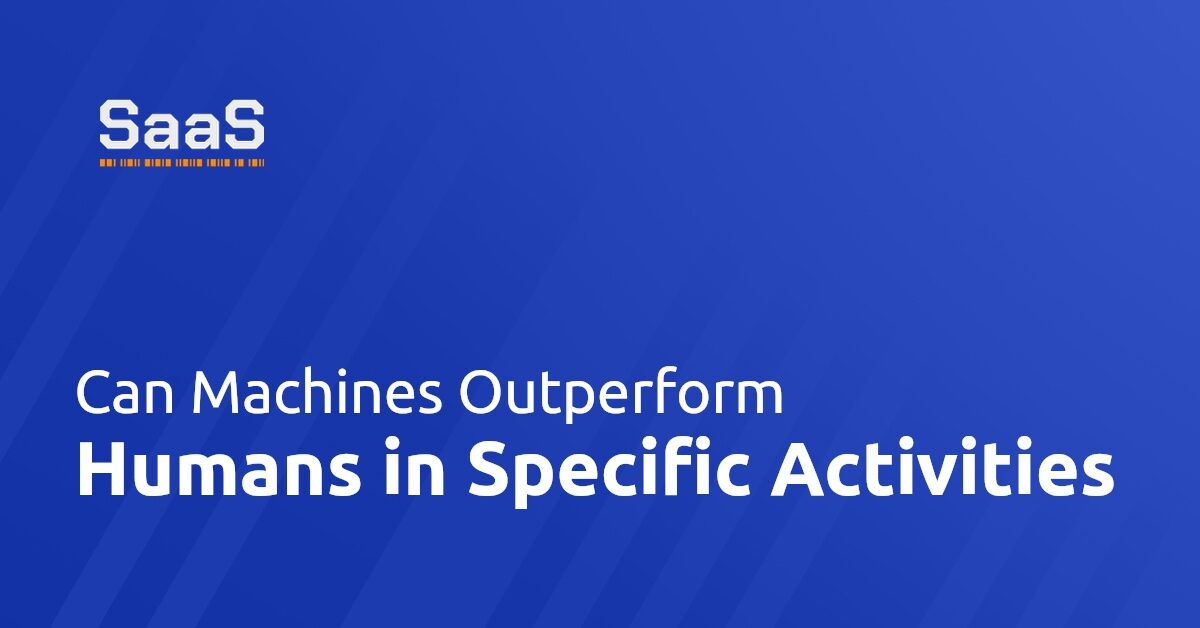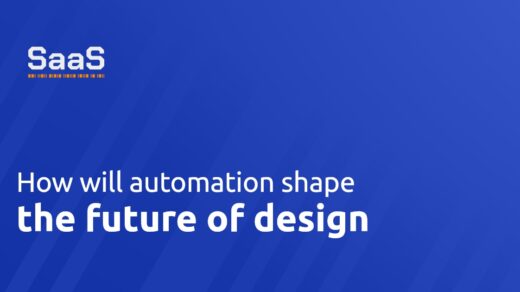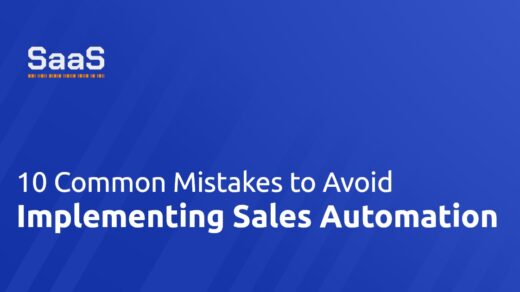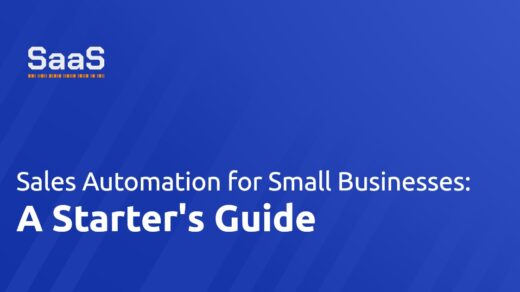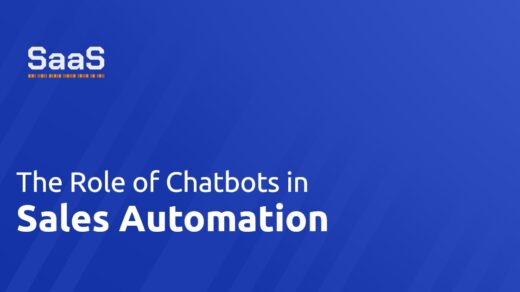Can Machines Outperform Humans in Specific Activities?
The perpetual evolution of technology has led machines to exceed human capacity in specific areas. In jobs that require uniformity and consistency, machines outpace humans. An industrial robot, for instance, can assemble car parts with lightning speed and unparalleled precision. The world of games has also witnessed the supremacy of machines. Advanced computer systems like IBM's Deep Blue and AlphaGo have defeated human champions in chess and Go, respectively.
Machines are also redefining the medical field where robotic surgeons are performing complex surgeries with minimal human assistance. Sophisticated machine learning algorithms are also becoming adept at diagnosing diseases that even seasoned human doctors may overlook. However, it's clear that machines shine in areas that require precision, speed, and repetitive tasks.
Identifying the Strengths and Weaknesses of Human Intelligence
On the other hand, humans possess a unique set of strengths and weaknesses. A significant strength of the human mind is its adaptability and versatility. We can understand and respond to nuanced situations, emotions, and subtleties, a domain where machines are yet to mark their territory completely. Another significant strength of human intelligence is our ability to recognize the long-term implications of our decisions and actions—an aspect beyond the purview of machines.
Despite the strong points, human intelligence is not infallible. It can be affected by emotions, leading to irrational decisions. Moreover, humans are susceptible to errors, especially in monotonous and repetitive tasks—where machines steal the show.
Examining the Advantages and Limitations of Artificial Intelligence
AI can dissect copious amounts of data in split seconds, an impossible feat for a human. It doesn't tire, need breaks or become emotionally swayed—all of which are human limitations. Tasks that require "brute force" computations are where AI has its strengths. AI also chips in assistance in fields like space exploration where the adversity of conditions, depth of data analysis, and precision needed is impractical outright for humans.
However, Artificial Intelligence also has its pitfalls. They lack the ability to understand context, emotions, and subtleties which come naturally to human beings. AI cannot reflect on past experiences to make or modify current decisions, an inherent human trait. Ethical and moral decisions are still a grey area for AI, unlike humans who can make such decisions intuitively, further highlighting the present limitations of AI.
Harnessing the Power of Human-Machine Collaboration
The Discourse on Human vs. Machine shouldn't be a battle; rather it's a collaboration we should focus on. The optimal solution lies in a 'Cogitative Collaboration' where humans and machines work together, leveraging their respective strengths and covering for the other's weaknesses.
An ideal example being on production lines where robots handle precise, repetitive tasks while humans deal with problem-solving and quality control aspects. Autonomous vehicles also exemplify this where automatic controls handle routine driving, but humans intervene in unexpected situations.
In essence, the future shouldn't be about choosing between human and machine but synergizing their collective capabilities for greater accomplishments. In a world increasingly driven by technology, both human intelligence and artificial intelligence have their respective roles. The challenge lies in harmonizing these roles for the betterment of humanity.

